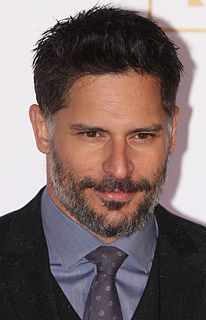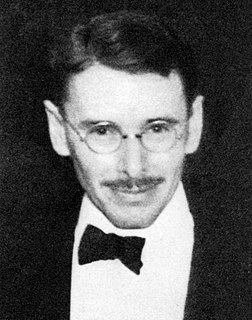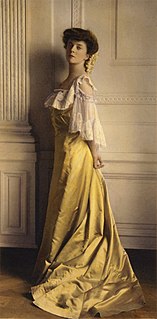A Quote by Dwayne Johnson
In my mind at that time, at 14, the men who were successful were Stallone and Schwarzenegger and guys like that - Harrison Ford - who were these men of action. I was like, "Okay, they're successful, they're not getting evicted, they built their bodies - I'm gonna go build my body." It was like that.
Related Quotes
I'm a long way from being evicted [at the age of 14], but I'll never forget it. I'll never forget the feeling. I'll never forget my mom crying and I'll never forget the thought I had: 'Well the only thing I can do is just go build my body,' because the men who were successful that I knew of - Stallone, Arnold, Bruce Willis - they were men of action.
There were no men in this painting, but it was about men, the kind who caused women to fall. I did not ascribe any intentions to these men. They were like the weather, they didn't have a mind. They merely drenched you or struck you like lightning and moved on, mindless as blizzards. Or they were like rocks, a line of sharp slippery rocks with jagged edges. You could walk with care along between the rocks, picking your steps, and if you slipped you'd fall and cut yourself, but it was no use blaming the rocks.
I was really inspired by these larger-than-life female artists like Lee Bontecou and Eva Hesse and Yvonne Rainier and the incredible Lynda Benglis. There were many women who were really driven and became successful, who were part of essential paradigm shifts, despite the fact that the art world was still dominated by men.
It's quite interesting, looking back at the first one [film about Harry Potter], nobody knew whether or not it was going to be successful as a film. The books were of course already very successful, but that's happened before, where the books were successful and the films weren't at all. But it turned out that they were.

































